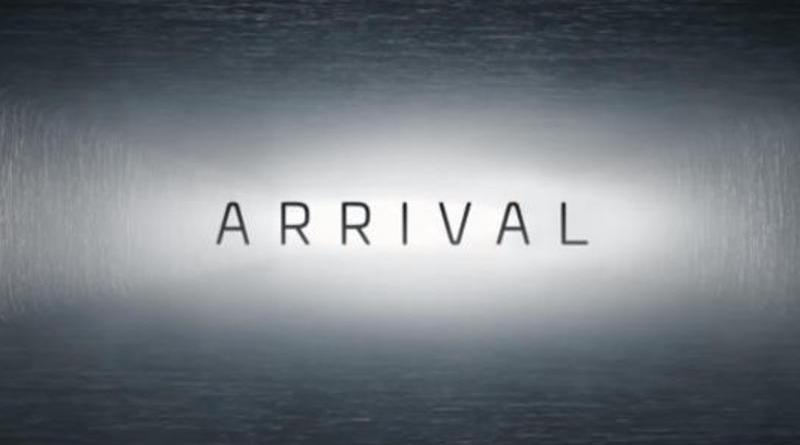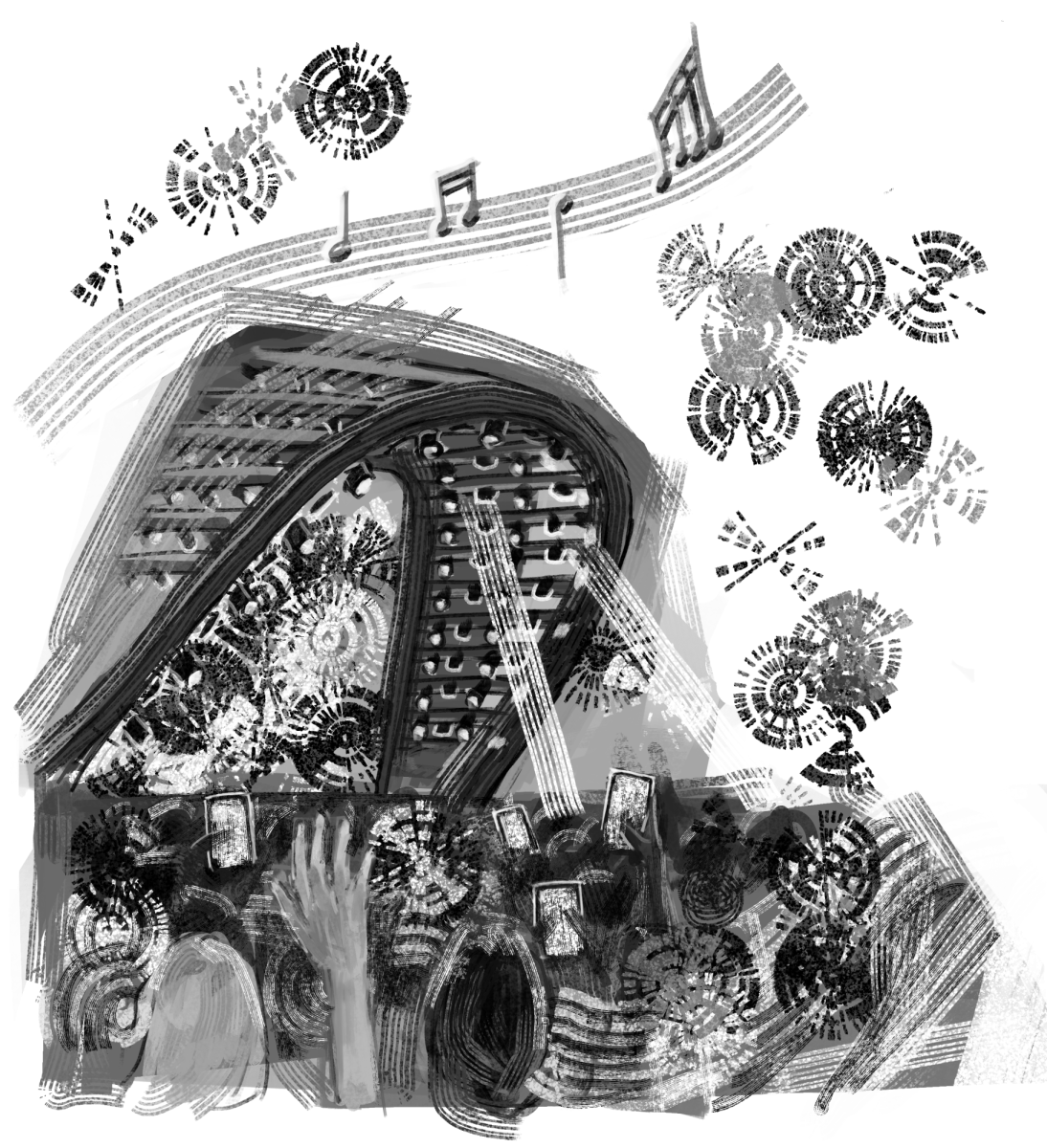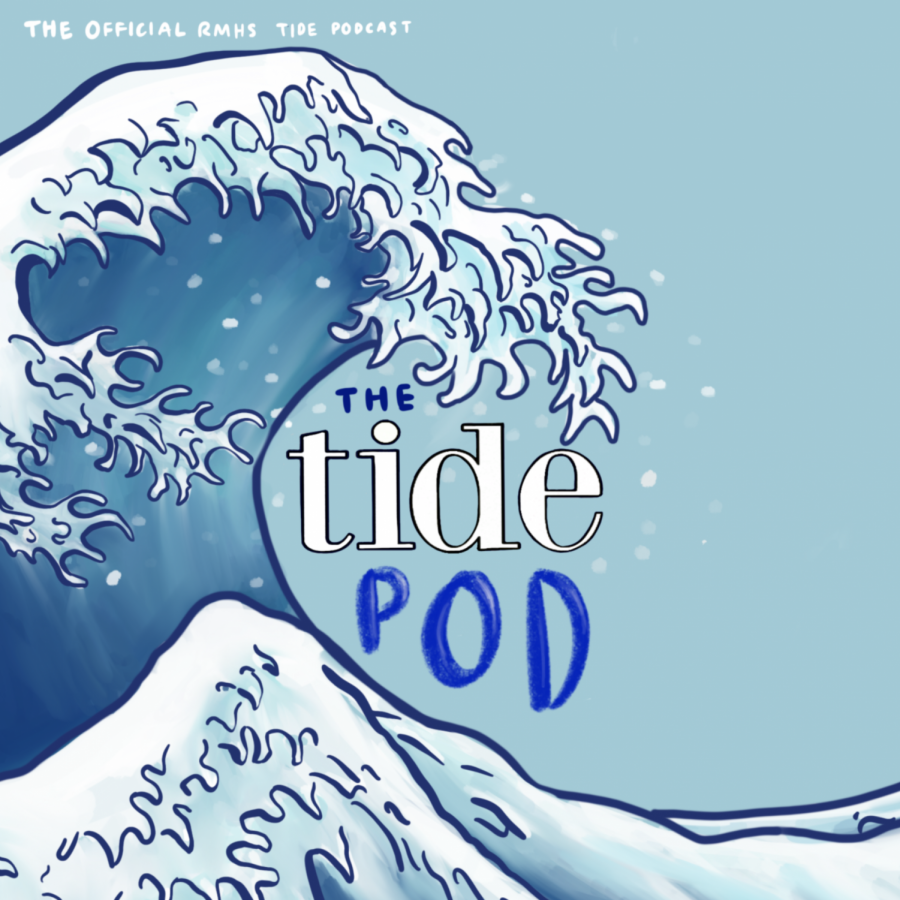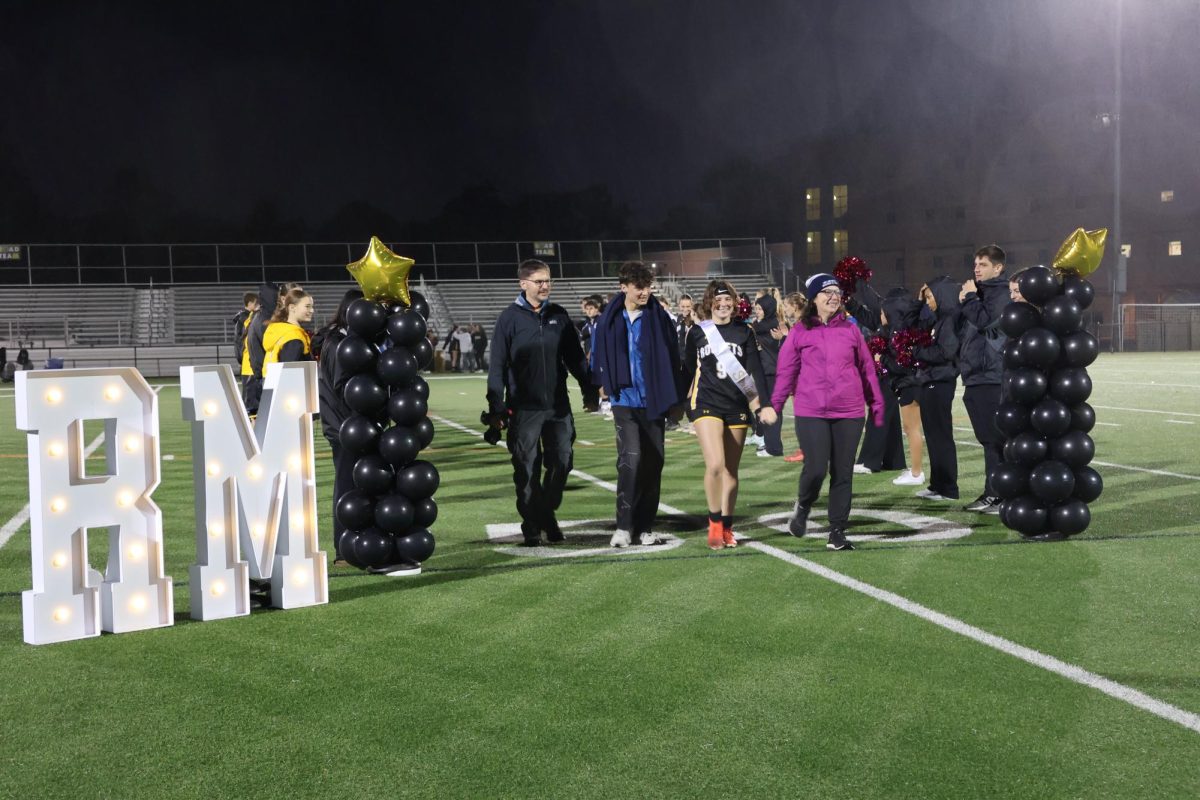Both cinematically and visually stunning, “Arrival” weaves a perfectly balanced science-fiction story that manages to explore the intricacies of the human condition through alien communication. What at first seems a straightforward storyline soon grows more complex as the plot juggles themes on memory, love, and time; however, instead of becoming lost in the existential, director Denis Villeneuve’s story is not only coherent but poignantly so, leaving viewers guessing until the very end.
Dr. Louise Banks, whose introspective yet fearless demeanor is skillfully portrayed by Amy Adams, is a linguistic expert called upon by the military to communicate with UFOs that have landed in rural Montana. With 11 other spaceships all over the world, Louise’s mission — to discover the aliens’ purpose in journeying to Earth — is imperative in preventing global warfare.
Flashbacks paired with slow, solemn music and profound narration by Adams opens the film, lulling viewers into believing they understand Louise and her troubled past. However, as she works alongside no-nonsense Colonel Weber, played by Forest Whitaker, and carefree physicist Ian Donnelly, depicted with a balance of lightheartedness and sincerity by Jeremey Renner, the plot eventually unfolds itself with a sequence of reveals. Not only is the incredibly detailed written language of the aliens a mystery from the start, but even our first impressions of characters and flashbacks become doubtful and uncertain.
The core theme of “Arrival” lies in the overarching significance of communication: groundbreaking communication with extraterrestrials, peaceful communication between nations, even honest communication within relationships. Beautifully crafted cinematography and a purposeful soundtrack are roadmaps that make navigating the sophisticated storyline anything but a chore. For a movie centered on linguistics, the dialogue is minimal and precise, forcing the actors to convey powerful emotions through expression as well as speech.
Unlike other science fiction and fantasy blockbusters, “Arrival” does not focus its energies on spectacle for spectacle’s sake; the gorgeous and undoubtedly expensive effects, unsettling music and sound, and rare action contribute meaning as well as entertainment. Similar to recent space-themed films, such as “The Martian” or “Gravity,” it makes the fantastic seem believable, prodding philosophical questions without completely losing structure or ground in reality. Although “Arrival” does ask numerous questions about love and loss, the organized structure and well-paced storytelling saves the film from being too heavy. The profound themes, diluted just the right amount by the presence of aliens, are poignant rather than cloying.
In our current uncertain times of conflict, “Arrival” not only demonstrates the value of communication, but also the impacts of our choices. Louise is gifted with her knowledge of languages, but her most significant achievements are due to her unrelenting bravery when faced with difficult and dangerous decisions. The development of her character is commendable, with screenwriter Eric Heisserer’s dialogue, Villeneuve’s direction, and Adams’ exceptional portrayal.
Villeneuve’s success with “Arrival” lies in the careful balance of epic themes and artistic restraint. Every choice, scene, and action is precise while still producing a masterful journey that simultaneously feels sophisticated and tumultuous. Without overdone dramatics, the combined talent of cast and crew manages to weave together a story about the aspects of humanity that unite us even in conflict and can bridge any divide — even one that spans the universe.














